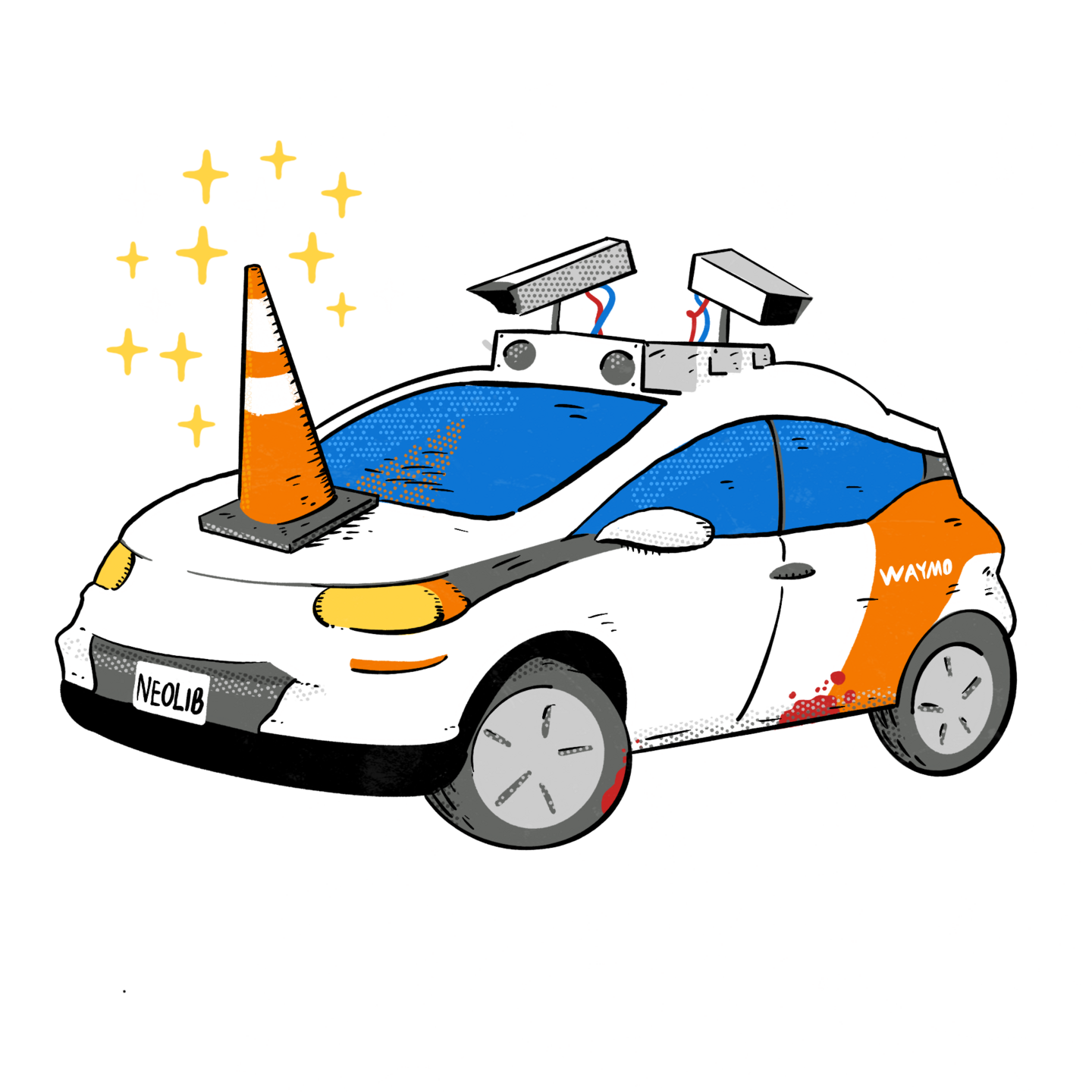
The Telegraph – Britain blocks launch of Elon Musk’s self-driving Tesla
Editors note: given how much safer streets are in Europe, the US should follow their lead and adopt similar safety standars.
See original article by James Titcomb at The Telegraph
Britain has thwarted the launch of Tesla’s self-driving car software, limiting key features and further risking the ire of Elon Musk.
Department for Transport (DfT) officials have frustrated plans to legalise advanced driver assistance systems across Europe, according to documents seen by The Telegraph. Tesla’s full self-driving (FSD) software is leading the car industry’s push to automation.
Mr Musk is banking on autonomous driving being the next source of growth as Tesla’s sales decline amid a political backlash over his support for Donald Trump.
The Tesla chief, who has frequently clashed with Sir Keir Starmer in recent months, has said that autonomy will be the “main driver” of value. Tesla shares have fallen by almost a third this year as it faces sales declines in many of its key markets.
Tesla’s top lobbyist in Europe left the company in October, hitting out at the slow process that means the technology – introduced in the US in 2020 – may not make it to Europe until 2028.
Minutes from the United Nations Economic Commission for Europe (UNECE) – the body that decides new safety rules for vehicles – show that DfT officials raised concerns about plans to approve wide-ranging driver assistance systems.
As originally drafted, the plans would have allowed vehicles to make manoeuvres such as lane changes, junction turns and stopping and starting at traffic lights while motorists had their hands off the wheel.
However, the changes have now been watered down to restrict the systems to “highway” moves such as lane switching and to require drivers to keep their hands on the wheel.
In September, UK officials proposed the restrictions, saying: “Introducing system-initiated manoeuvres is a significant step which entails a degree of unknown.
“Whilst [a driver assistance system] may help in reducing collisions, it may also introduce new safety risks.”
They said the technology should instead be introduced “in phases”.
In January, officials in the UK, Norway, Sweden and the Netherlands put out a request for further evidence on the safety of driver assistance systems, saying: “The technological advancements in these systems are promising, but there remain concerns about their impact on driver behaviour, situational awareness and overall safety.”
The changes mean that only a basic version of systems such as Tesla’s FSD are likely to be deployed in the UK and Europe over the next year.
Marc Van Impe, Tesla’s former head of safety policy, who had overseen discussions on the changes, left the company for Mr Musk’s SpaceX in October, saying that the slow process “impacts Europe’s competitiveness”.
Tesla has sold “full self-driving capability” as a paid-for upgrade since 2016, and currently charges £6,800 for the feature in Britain, although it has no practical use.
The company said last year it hoped to introduce full self-driving features in Europe during the first quarter of 2025, although Mr Musk recently conceded that was unlikely.
“Europe is a layer cake of regulations of bureaucracy, which really needs to be addressed,” he told investors in January, saying he was unsure whether Tesla would be able to release the system this year.
The company could seek an exemption to the regulations. Drivers of Ford’s Mustang Mach-E are able to take their hands off the wheel on motorways in the UK after the company secured an exemption in 2023.
Thousands of drivers in the US are using the FSD system and Mr Musk has said he hopes the cars will be able to drive “unsupervised” this year, a step to launching a robotaxi business.
Last year, he unveiled a “cybercab” with no pedals, steering wheel or mirrors which Tesla hopes to start making in 2027.
Despite Tesla branding the system as “full self-driving”, driver assistance technologies such as FSD are legally different from self-driving systems, where the liability would fall on the company behind the system, rather than the driver.
A DfT spokesman said: “The UK has some of the safest roads in the world. With 88pc of all recorded road accidents currently involving human error, advanced driver assistant technology could play a crucial role in reducing accidents and saving lives.
“Road safety is our absolute priority, and that’s why we’re working closely with other countries to ensure these new technologies are safe, while harnessing the potential of autonomous vehicle technology to create jobs, power growth and help us deliver our Plan for Change.”
See original article by James Titcomb at The Telegraph
